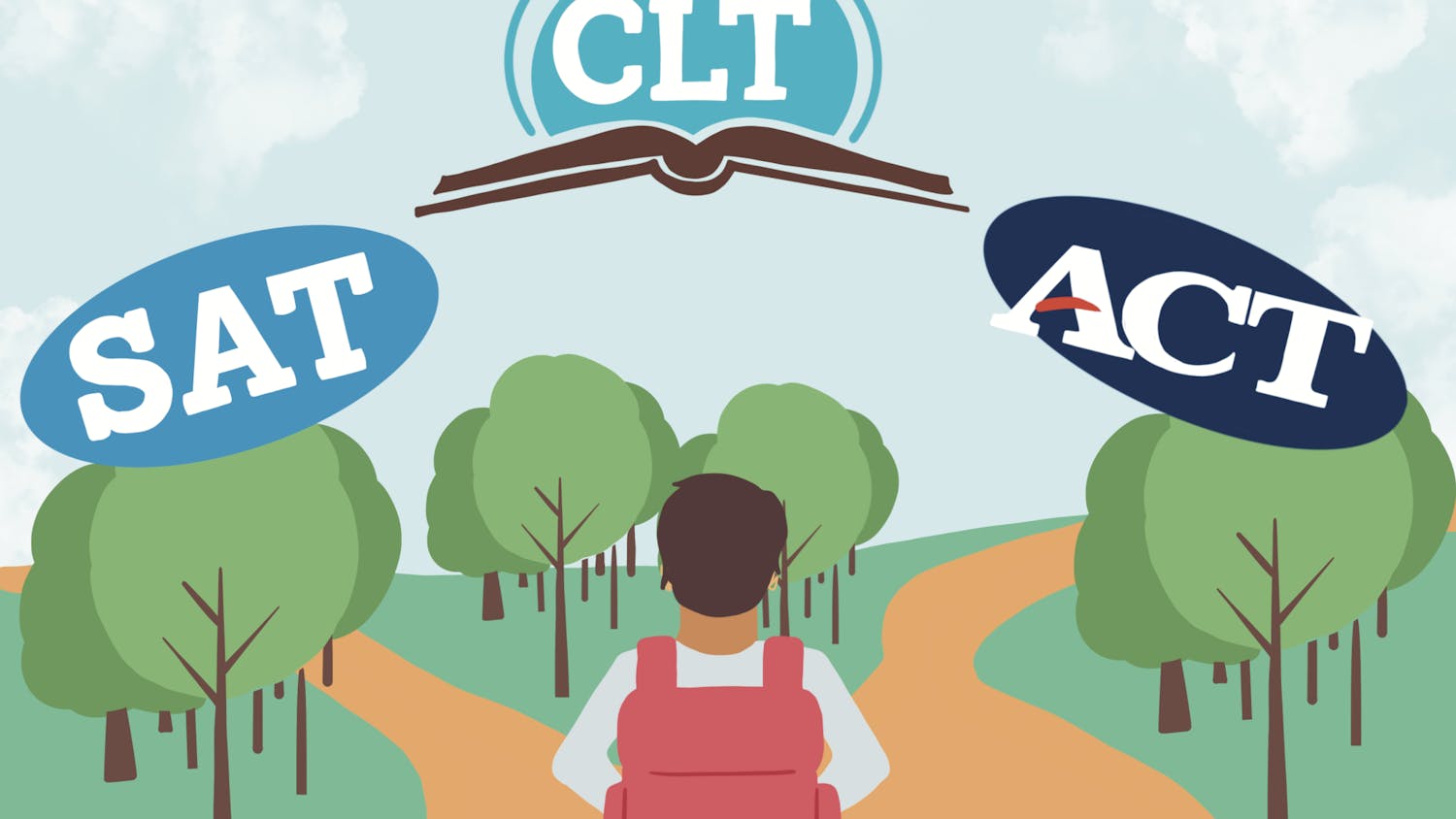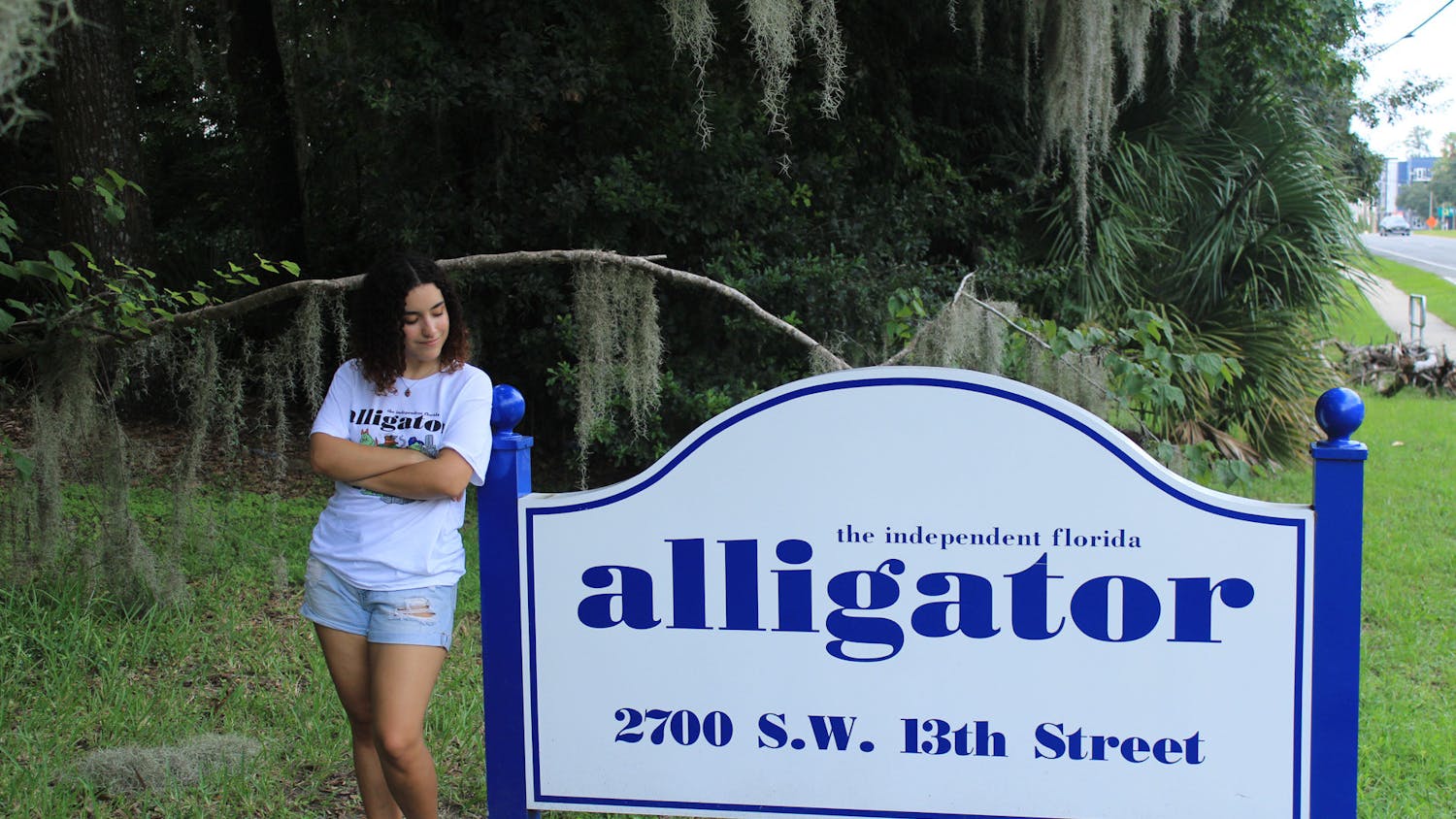The most recent form of the SAT, the grueling trial of passage that every high school student most go through to prove his or her worth to society, recently featured as its essay prompt the ethics and benefits of reality TV.
For a stodgy standardized test that doesn't measure intelligence and aptitude so much as backward logic and the means for a tutor's pay, this is a surprisingly modern prompt with which the average high school student could actually engage. The College Board has apparently realized the average student will probably care more about "American Idol" and "Jersey Shore" than whether they get into a good college, so it might as well use that interest for a higher purpose.
Personally, I am not the biggest fan of reality TV. I have called it crass, fake, brainwashing sludge and a slew of other adjectives that cannot be published. Yet, I am not entirely against the SAT's prompt about these programs. The official questions posed by the prompt are as follows, sourced from The Choice, a college admissions and aid blog for the New York Times:
"How authentic can [reality television] be when producers design challenges for the participants and then editors alter filmed scenes? Do people benefit from forms of entertainment that show so-called reality, or are such forms of entertainment harmful?"
To ask high school students to question the ethics and benefits of shows that they love is, to put it bluntly, ballsy. The goal of the SAT written exam is to test students' critical thinking and ability to construct an argument, and this is the first prompt I've seen that could actually accomplish that with the average high school student. I'm sure the College Board is no fan of reality TV, which makes this prompt extremely biased, but I doubt any parent who has a child who watched the "Jersey Shore" would be upset to find that even the SAT is giving them a lecture.
That being said, this prompt is not the best essay topic because it limits the students who don't spend their time keeping up with Ronnie and Sam's co-dependent, hell-on-steroids-and-tequila relationship. The students who don't watch reality TV would be severely hampered by a lack of examples to draw from, and as such would probably get a lower score on the essay.
Is this fair to them? Of course not - no matter how much context the prompt gives. However, even when I was in high school and avoided reality TV like the plague, I still knew what shows were popular, as did most of my peers in honors and AP classes. This prompt will likely help more students than it will harm, and I am for any essay that forces people to question the things they value most, as that is true learning.





